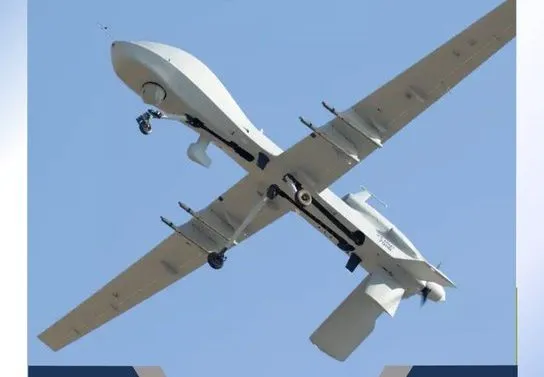Srinagar, Sep 18: The Indian armed forces will procure additional Israeli Heron unmanned aerial vehicles (UAVs) following their successful deployment in Operation Sindoor earlier this year, with plans underway to arm them with air-launched Spike anti-tank guided missiles, defence officials confirmed on Thursday, according to multiple media reports.
The Heron drones, already in service with the Army, Navy and Air Force, were effectively used for intelligence, surveillance and reconnaissance (ISR) missions against Pakistan during the May operation. Intelligence agencies also employ the UAVs for specialised operations.
Officials, as per Mathrubhumi English, said one wing of the armed forces is working on weaponising the Herons with Spike-NLOS (non-line-of-sight) missiles, a step that would give India the ability to carry out precision strikes on enemy targets in future conflicts.
Primarily deployed along the Chinese and Pakistani borders, the Herons have demonstrated strong capabilities in long-range surveillance. In addition, India has been inducting the more advanced Heron Mark 2 drones, which feature satellite communication systems for extended-range operations.
Parallel to the Heron procurement, the Air Force and the Ministry of Defence have been pushing ahead with Project Cheetah to upgrade the existing UAV fleet with enhanced surveillance and combat features.
India is also pursuing an indigenous programme to develop Medium Altitude Long Endurance (MALE) drones, under which 87 UAVs will be procured through competitive bidding. Defence firms including Hindustan Aeronautics Limited (HAL), Larsen and Toubro (L\T), Solar Industries Defence and Aerospace, and Adani Defence are expected to compete, with some projects likely to involve Israeli collaboration.
The armed forces have projected a long-term requirement of nearly 400 MALE drones over the next 10 to 15 years to strengthen the country’s defence preparedness.








